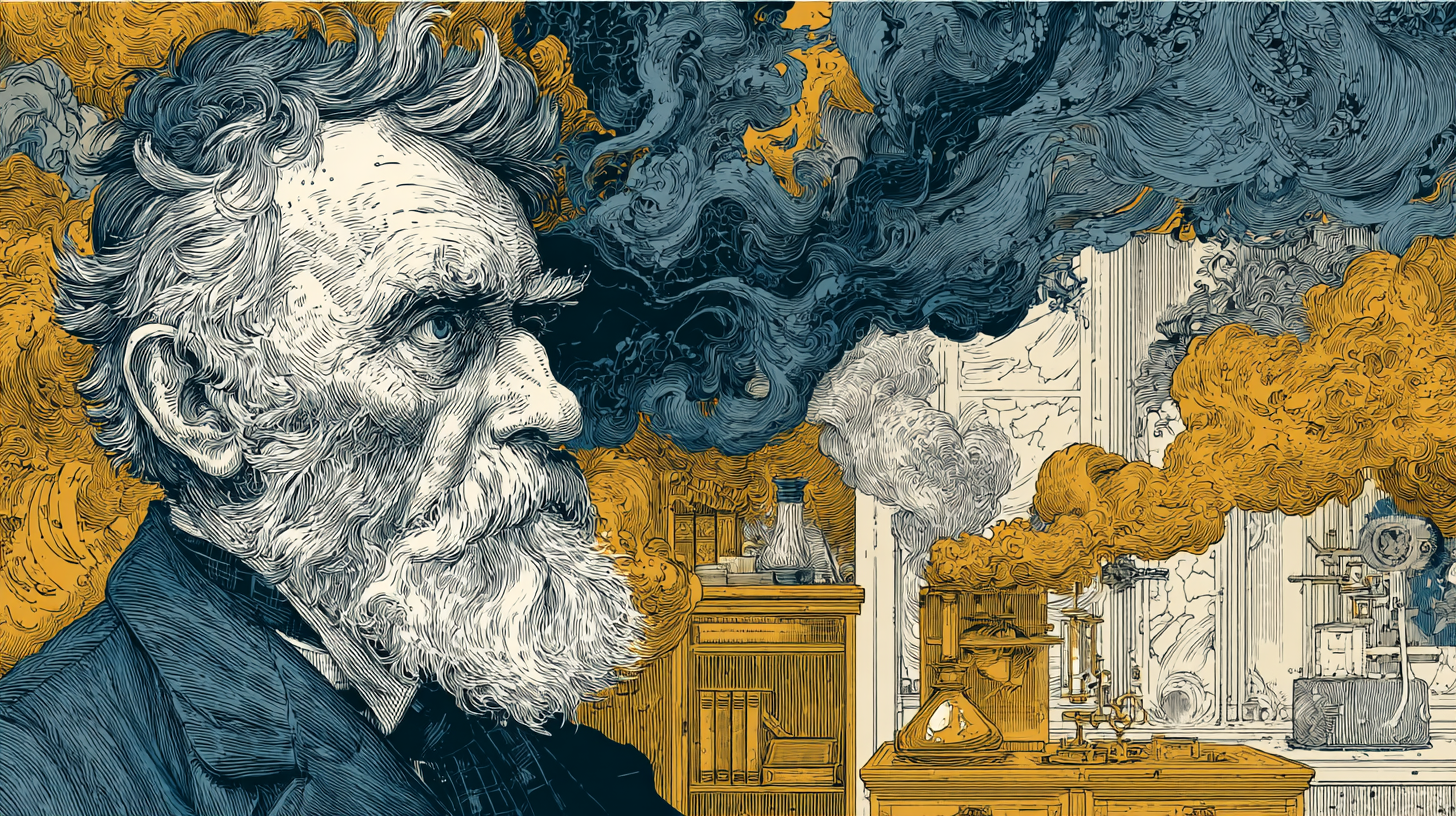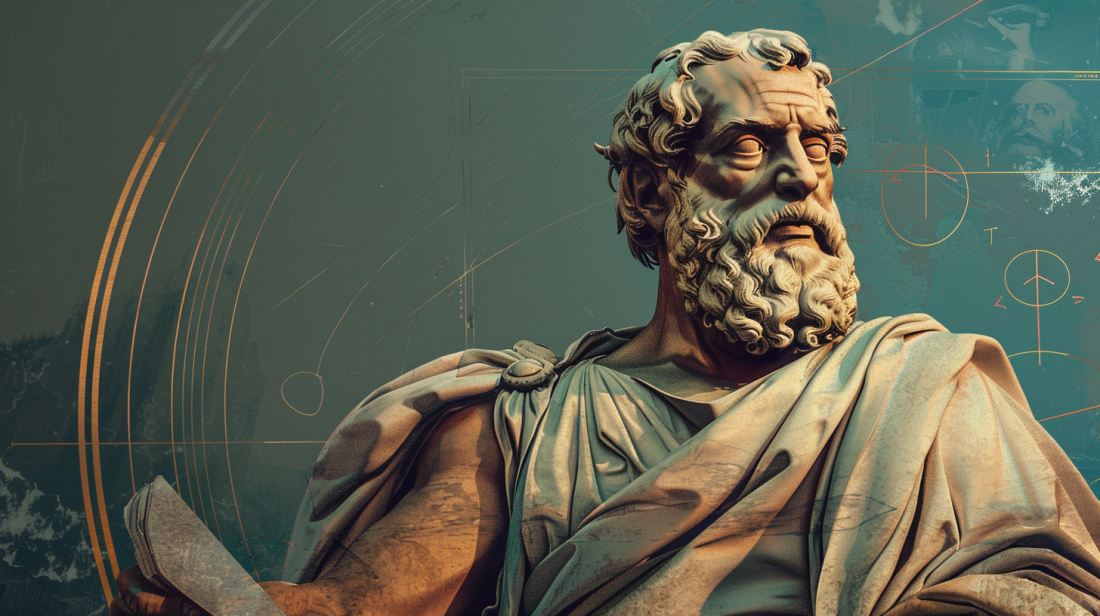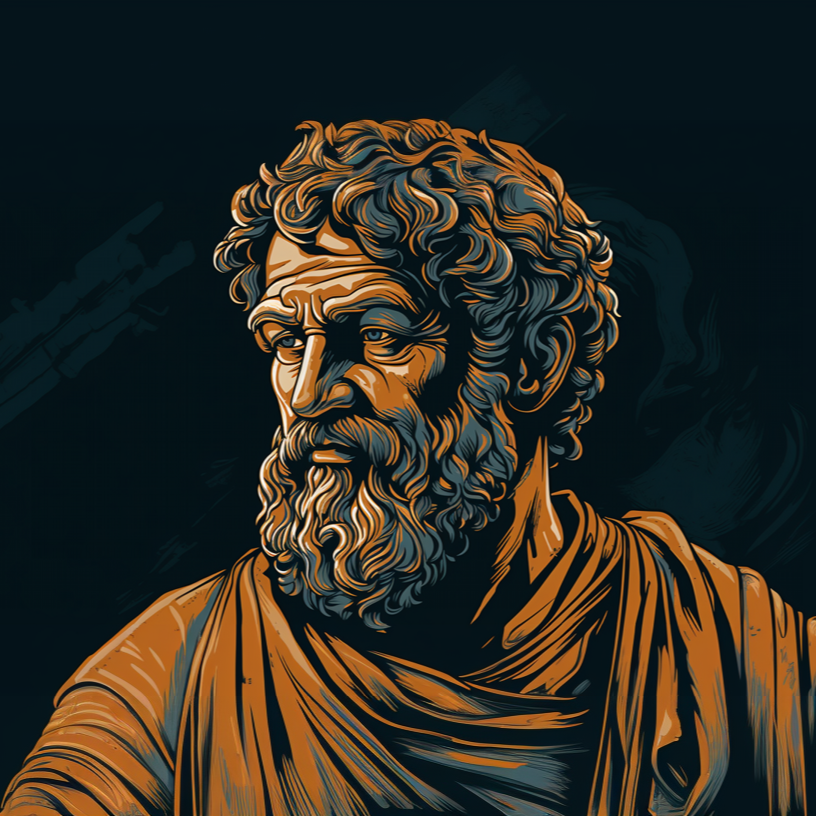
Book VIII.3
The kinds of friendship accordingly are three, being equal in number to the motives of love; for any one of these may be the basis of a mutual affection of which each is aware. […]
Those, therefore, whose love for one another is based on the useful, do not love each other for what they are, but only in so far as each gets some good from the other.
It is the same also with those whose affection is based on pleasure; people care for a wit, for instance, not for what he is, but as the source of pleasure to themselves.
Those, then, whose love is based on the useful care for each other on the ground of their own good, and those whose love is based on pleasure care for each other on the ground of what is pleasant to themselves, each loving the other, not as being what he is, but as useful or pleasant.
These friendships, then, are “accidental;” for the object of affection is loved, not as being the person or character that he is, but as the source of some good or some pleasure. Friendships of this kind, therefore, are easily dissolved, as the persons do not continue unchanged; for if they cease to be pleasant or useful to one another, their love ceases. […]
But the perfect kind of friendship is that of good men who resemble one another in virtue. For they both alike wish well to one another as good men, and it is their essential character to be good men. And those who wish well to their friends for the friends’ sake are friends in the truest sense; for they have these sentiments towards each other as being what they are, and not in an accidental way: their friendship, therefore, lasts as long as their virtue, and that is a lasting thing.
Again, each is both good simply and good to his friend; for it is true of good men that they are both good simply and also useful to one another.
In like manner they are pleasant too; for good men are both pleasant in themselves and pleasant to one another: for every kind of character takes delight in the acts that are proper to it and those that resemble these; but the acts of good men are the same or similar.
This kind of friendship, then, is lasting, as we might expect, since it unites in itself all the conditions of true friendship. …
It is but natural that such friendships should be uncommon, as such people are rare. Such a friendship, moreover, requires long and familiar intercourse. For, as the proverb says, it is impossible for people to know one another till they have consumed the requisite quantity of salt together. Nor can they accept one another as friends, or be friends, till each show and approve himself to the other as worthy to be loved. Those who quickly come to treat one another like friends may wish to be friends, but are not really friends, unless they not only are lovable, but know each other to be so; a wish to be friends may be of rapid growth, but not friendship.






 Book IX.3
Book IX.3





